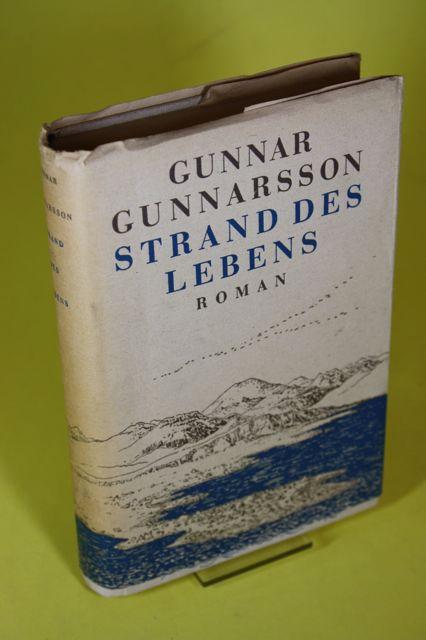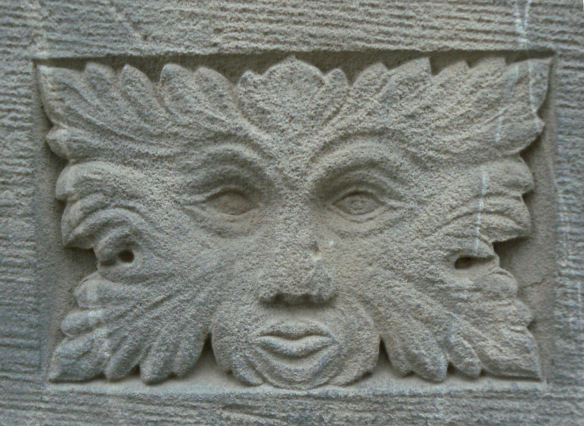Let me show you a few pictures from Iceland, to illustrate the introduction to my new book Landings: Poems from Iceland. First the introduction. I call it The Way Home.
We are in the open Atlantic. Every poem about to open before you springs from a place and bears its name. At each of these wells, the earth speaks through human and animal life. Flowers bloom and knock around in the wind. There is always wind.
And just like that, you are in an island in the North Atlantic. In his great anti-war novel The Shore of Life, written in anguish immediately after the Battle of the Somme in World War I…
… Gunnar Gunnarsson noted that the land is ringed with a deadly surf, that one must cross, either for fish or for the world, and must cross back home again for shelter, I think he had Iceland’s eider ducks in mind. Look at them here in Neskaupstaðir, fishing with their chicks in the surf.
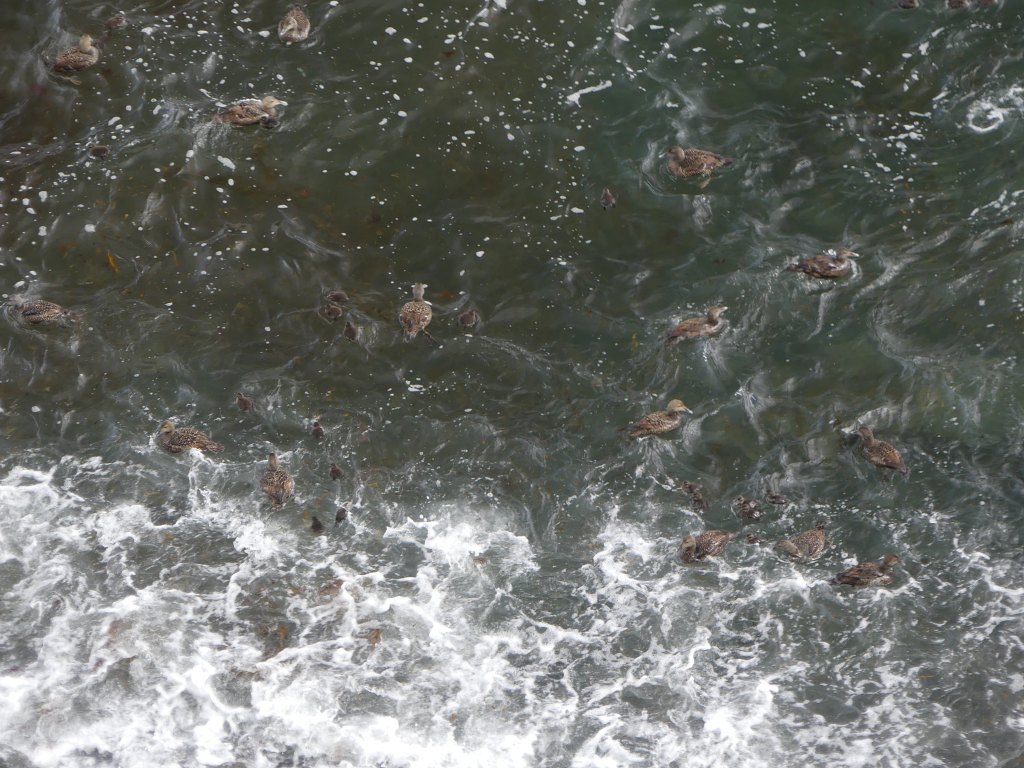
Some of the chicks get tossed a metre into the air, and then dragged down a metre under the waves.. If I’m right, this is Gunnar’s image of World War I. So much has gone into portrayals of its butchery and horror and senselessness, yet to deal with his own horror, Gunnar chose an image of life, and one at the heart of the Icelandic soul. That choice is at the heart of this book, too. This is a book of hope, and of coming home. As I point out in the introduction…
1100 years ago, Icelanders settled this volcanic island in the middle of the ocean. The place is not so much a land as a landing, that moment when the keel of a boat hits shore and is lifted and held up, suddenly solid and free of the grey sea.
The days of going out into the open ocean to catch a few low-value fish are over, yet the knowledge gained from the experience remains, and has found its way into words here.
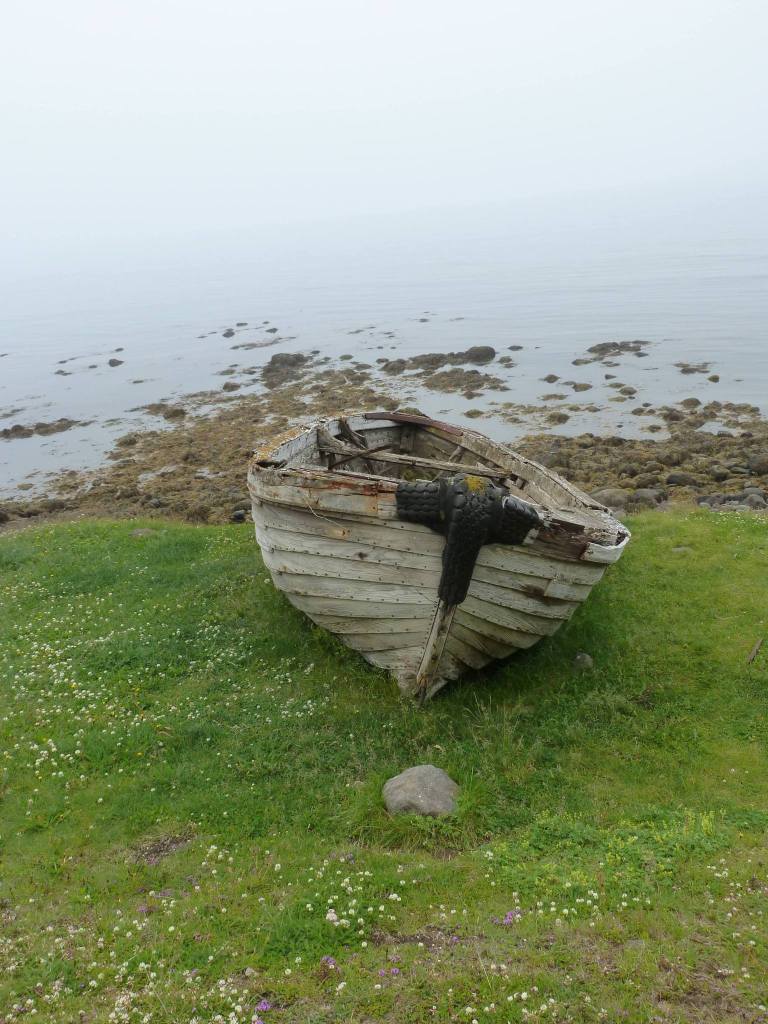
These poems are the moment when the land lifts you up: not an object but an energy and a process. Here’s a central passage from my poem “The Meeting Place”, one of the book’s Landings:
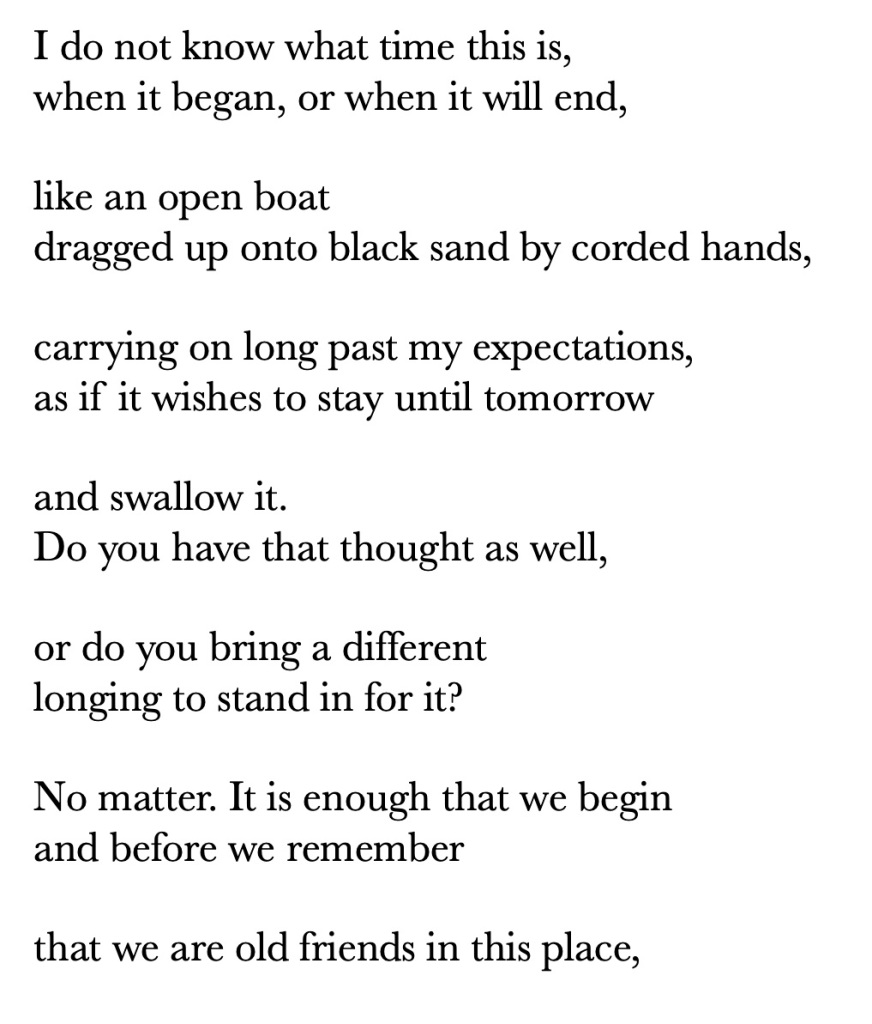
As speakers of English, we are all home here in Iceland. Landings is a map. It’s not in bookstores yet, but I’ll get you a copy. I have a few maps, too. Just ask. Drop me a line on Facebook, at www.haroldrhenisch.com, or @hrhenisch. We’ll be talking soon.


